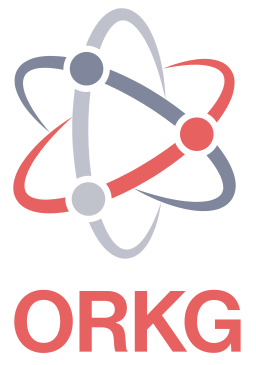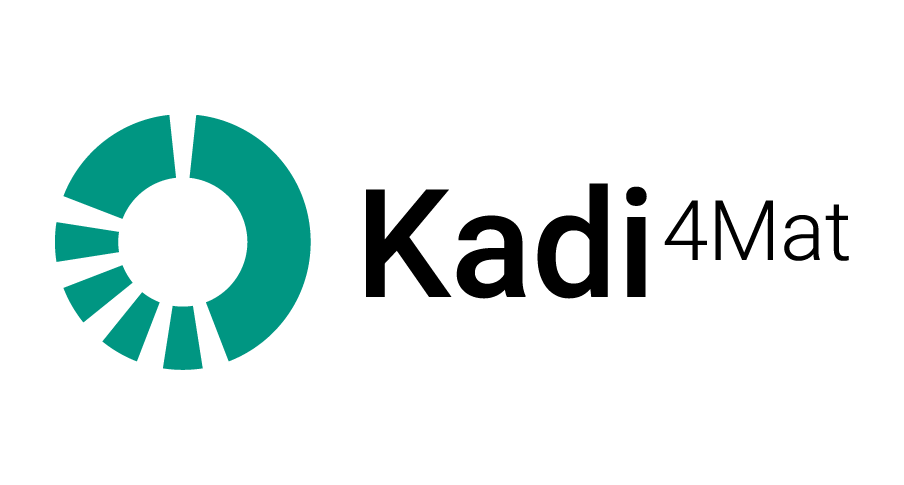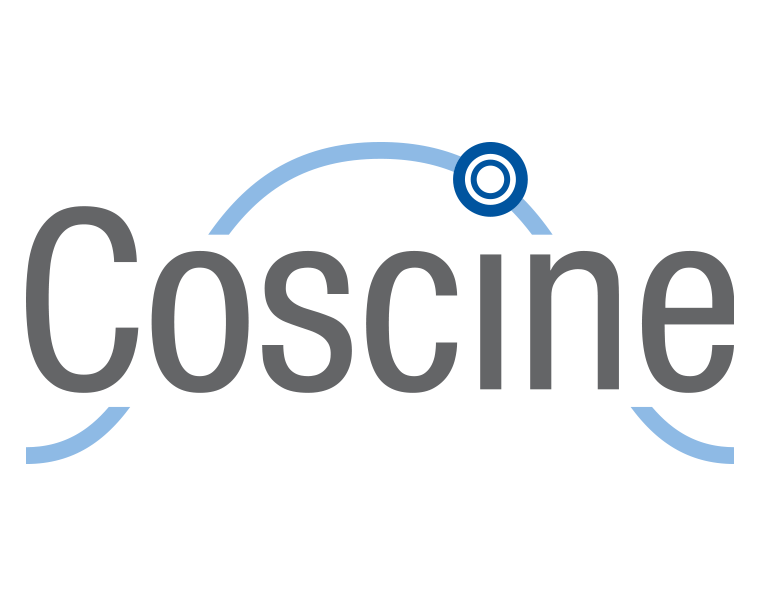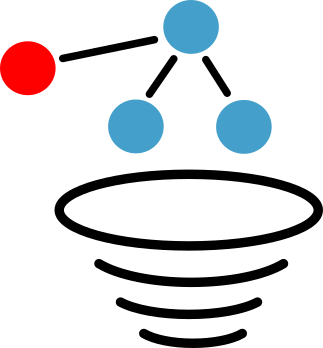
SciMesh
SciMesh provides a specification and a reference implementation for a knowledge graph schema. It is supposed to represent scientific workflows and insights. While originating in experimental research of the engineering and material sciences, its basic principle is the connection of cause and effect, which can be applied to most empiric research. Its applications range from research publication over data exchange between electronic lab notebooks to timestamping of scientific work in blockchains.




